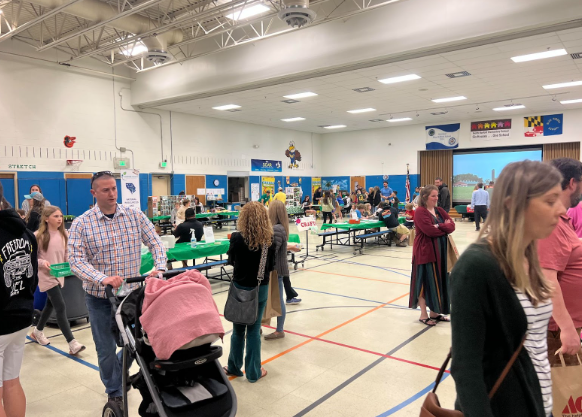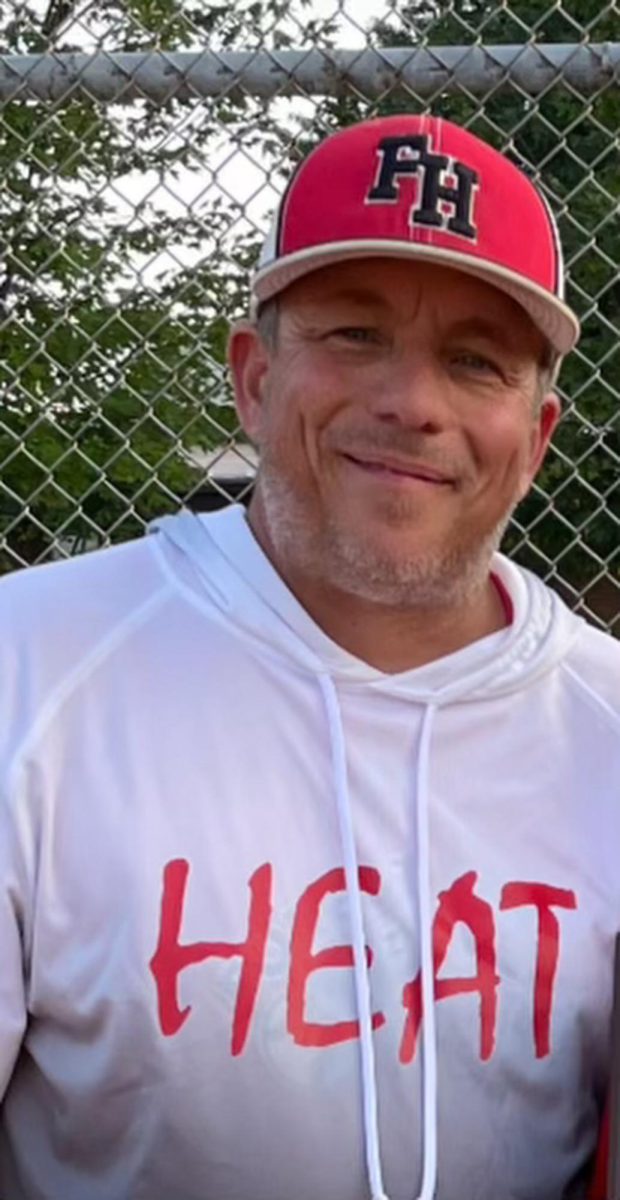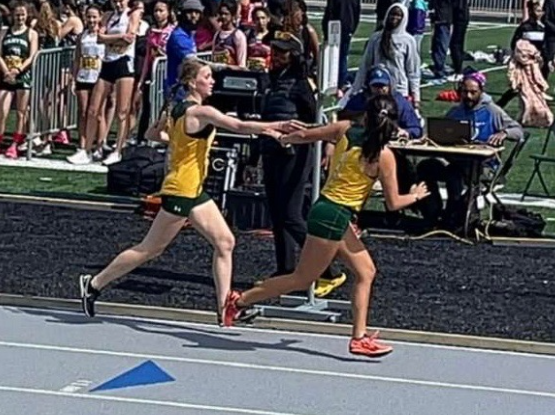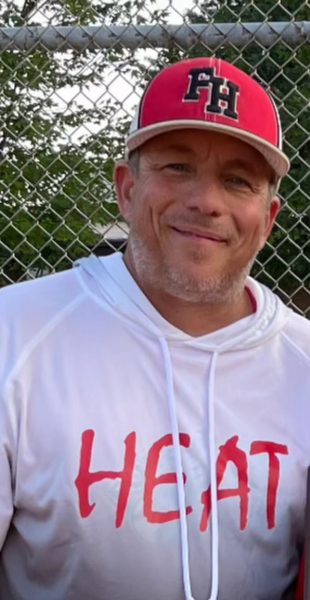Russian government sparks turmoil by invading Ukraine; Civilians, surrounding countries face aftermath
March 22, 2022
On November 10, 2021, the United States (U.S.) reported unusual movement of Russian troops near Ukrainian borders. As soon as November 28, Ukraine reported about 92,000 soldiers still surrounding the country. This is where the ongoing invasion of Ukraine by Russian armed forces began.
As tensions increased between these European countries, U.S. President Joe Biden warned Russian President Vladimir Putin of economic sanctions if he decided to attack Ukraine. Russian soldiers remained participating in military exercises. Due to this, the U.S. sent Ukraine $200 million in security aid.
Soon after this, on February 24, Putin made an announcement explaining a new “special military operation” in Eastern Ukraine. He denied a full-invasion but sought the “demilitarization and denazification” of Ukraine. That same day, the Politico reported explosions in Kyiv, Kharviv, Odessa, and the Donbas.
According to the New York Times, Russia has continued attacks on Ukraine with the shelling of more than a dozen cities and towns. Missiles also hit targets in many cities and Russian troops gained control of two Ukrainian nuclear power plants.
Most recently, the British Broadcasting Corporation(BBC) has disclosed that “more than two million [people] have now fled Ukraine because of the Russian invasion.” The United Nations(UN) High Commissioner for Refugees has labeled it as the fastest-growing refugee crisis in Europe since World War Two. The UN also recorded 40 civilian deaths and 801 injuries as a result of the invasion.
Mrs. Larissa Arist is the French language teacher at North Harford High School and she has a strong connection to this worldwide issue. Arist’s “grandparents (on her dad’s side) came to the U.S. in 1950 after World War 2.” They were in Ukraine when the Nazis invaded and were sent to a German labor camp during the war. When the war was over, they were still in Germany, where her father was born.
They immigrated to the U.S. when the teacher’s father was small. The family lived in the Ukrainian community of Baltimore and continued to keep their traditions alive while living there. Arist “spoke to them in Ukrainian and celebrated the Ukrainian holidays with them.” She was sent to a Ukrainian school on Saturdays to learn the language, history, and culture from three to sixteen years old.
Due to the language educator’s Ukrainian roots, she and her family have been “extremely worried and anxious about the invasion.” Arist “ has many friends and colleagues there” including her Aunt and the Ukrainian family she lived with in her early 20’s. She is “worried about their safety” and continues to “communicate with [her] friends every day on Messenger.”
Technology teacher, Mr. Timothy Pistel does not have a direct connection to this incident, but he does have some concern for the effects of this violation. Pistel states that “the first thing we’re going to see is higher inflation.” He notices that the “price of oil is going up significantly”.
More consequential concerns according to the teacher is the possibility that this could become World War III. The teacher worries that “if some kind of misinformation or propaganda comes out we will have an emotional reaction to it [and be] drawn into something bad.” Also, he knows “that if one of our allies gets drawn into the war, then we get drawn into the war.
All in all, Pistel recognizes the trauma that Ukrainian and other European civilians are facing. He says he “gets upset about it”; “when [he] sees the little ones have to leave everything behind and make a life somewhere else.” Lastly, he condemns the actions of Putin because “there are plenty [civilians] that are still left behind…living the consequences of decisions that were made above them.”
Arist agrees, saying that Putin is “seeking to crush the Ukrainian people, their language, culture and spirit. If we say that we believe in democratic ideals, then we must stand up to Putin. He cannot be allowed to invade a country unprovoked and eliminate their citizens and freely elected government. Where will he stop?”











